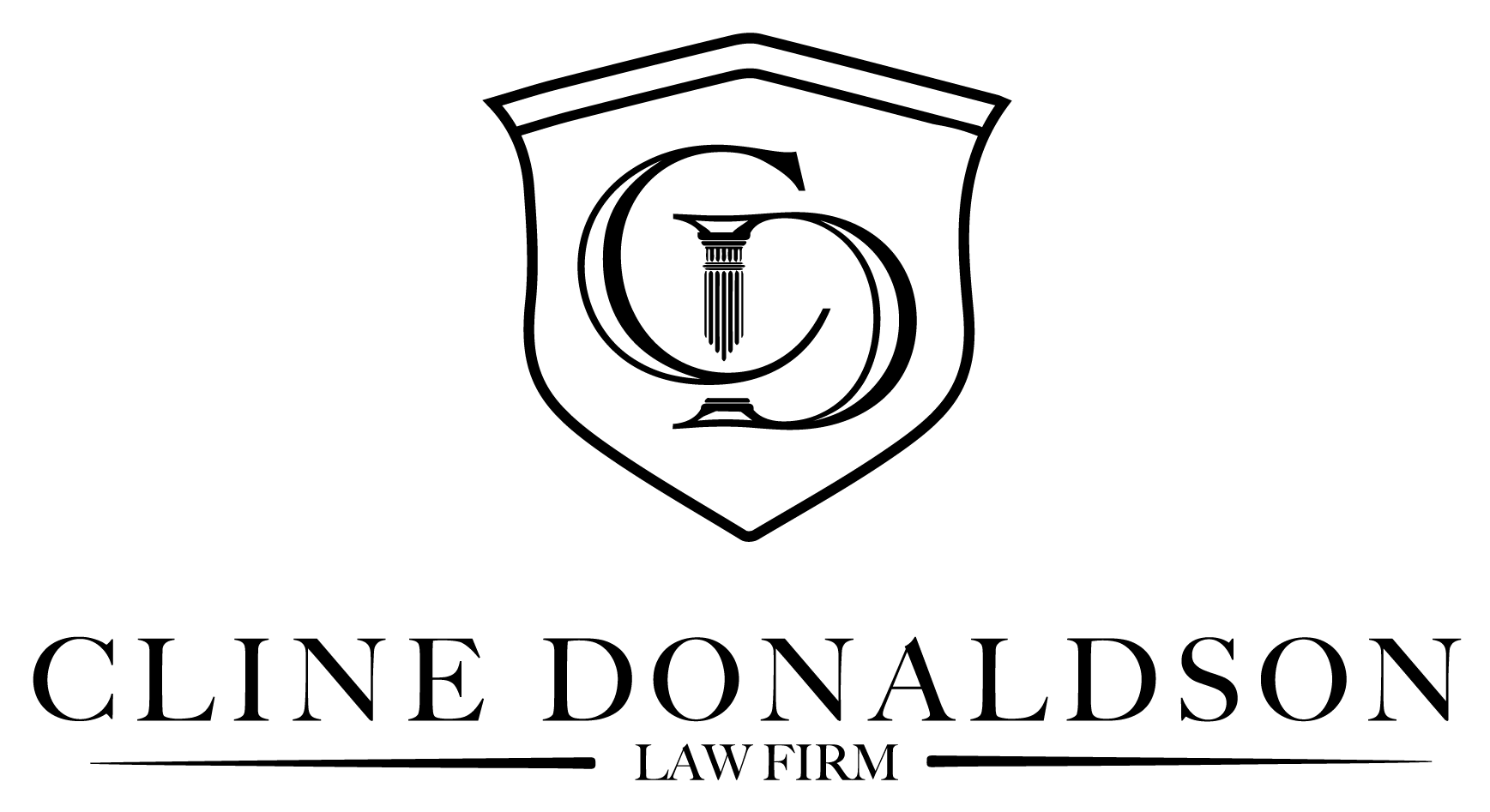If you’re thinking about how to pass along assets or provide for loved ones after you’re gone, you likely have questions about trusts and estate planning. What exactly is a trust? What types are available? Should I execute one?
We get these questions all the time. Let’s explore the different types of trust agreements and discover what to consider before executing a trust.
Setting Up a Trust in North Carolina
At its core, a trust is simply a legal agreement that controls estate asset management and distribution.
The person creating the trust is the grantor, who designates a trustee to oversee the assets transferred into the trust. Once funded, the trustee manages estate property and distributes income and assets to trust beneficiaries according to the terms and timeframes found in the trust agreement.
After setting up a trust, you’ll relinquish personal ownership and control over the property you release. However, you control asset management and beneficiary distribution through the trust document, which explains precisely how the trustee should perform his or her duties.
A structured transfer of assets provides you (the grantor) with peace of mind that your trustee will carry out your last wishes smoothly when you die. This estate planning tool may also shield your heirs and beneficiaries from costly probate challenges after your death.
Let’s examine the different trusts we frequently draft for our clients.
Revocable Living Trusts – Flexibility for the Unpredictable
Many folks we advise choose a revocable trust as a key part of their estate plan. When funded with appropriately titled assets, this document allows quick distribution to beneficiaries without probate delays after the grantor passes. Living trusts also avoid public probate announcements, keeping distribution details private among family members.
Revocable trusts allow grantors to tweak agreement terms when responding to such circumstances. Your trust will also last beyond your lifetime, and its assets can fund your beneficiaries for generations. And the power to make living adjustments ensures the document continually aligns with your wishes as you age.
Irrevocable Trusts – Protection with Permanence
Whereas a revocable trust is flexible and allows the grantor to modify terms or revoke the agreement, irrevocable trusts cannot be changed or undone once executed. Such permanent loss of control limits your ability to respond to life changes. However, this estate planning tool holds unique benefits like tax minimization and enhanced asset protection.
Irrevocable trust assets are generally excluded from estate probate taxes because you immediately forfeit ownership rights over the property when funding the irrevocable trust. This benefit offers beneficiaries who hold valuable inheritances significant tax savings. Irrevocable trusts also afford asset protection from your creditors. Since you no longer control the property, your creditors cannot reach them.
Because irrevocable trusts are permanent, they are less desirable among estate planners. However, when drafted with your heirs’ priorities in mind, they unlock robust tax savings and asset protections.
Testamentary Trusts – Formed After You’ve Passed Away
Unlike living trusts executed during life, a testamentary trust conveys asset management instructions in your will and becomes funded upon your death during probate proceedings.
Many testamentary trusts direct the trustee to hold asset distributions until a specific time. For example, minor children may only access their testamentary trust inheritances after reaching a certain age. In the meantime, trustees will manage and disburse their assets according to the terms of the agreement.
Choosing the Right Type of Trust For Your Estate Plan
We’ve covered a few standard trust instruments, but did you know countless options exist within these estate planning tools? With many choices, how do you know which trust is right for you?
Each grantor’s priorities regarding taxes, asset distribution, and creditor protection will differ. Based on the goals communicated by the hundreds of clients we advise, key considerations around trust selection include:
Personal factors also impact finding the ideal trust instrument, including asset control preferences, beneficiary exclusion events, etc. We explore such details during our duly diligent estate planning consultation with you.
Trusts as Part of Customized Estate Plans
If you’re curious about preserving your assets and property for those you care most about, our estate planning attorney is here to listen and help you take the right path forward. Schedule a consultation, and together, we’ll ensure your estate plan cares for loved ones when you no longer can.



